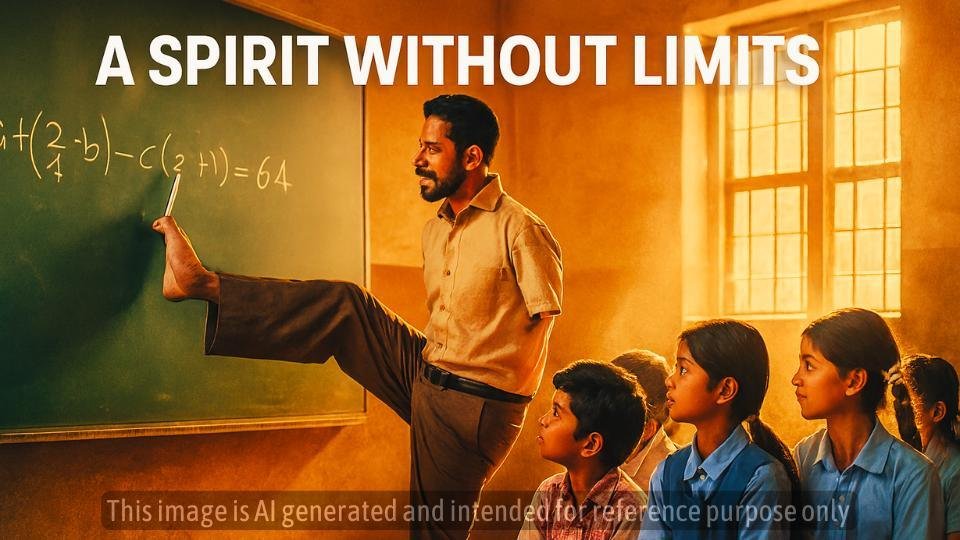कृपया इसे हिंदी में पढ़ने के लिए यहाँ क्लिक करें
A Diplomatic Firestorm in Geneva: The Full Story
In a surprising and rare move, the United Nations Human Rights Council in Geneva became the stage for a fiery exchange between India and Switzerland. The Alpine nation, currently holding the presidency of the council, took the opportunity to publicly advise India on its internal affairs, sparking a rebuttal that was both swift and sharp. The incident has since become a hot topic in diplomatic circles, highlighting the shifting dynamics of international relations and India’s increasingly assertive foreign policy.
The Spark: Switzerland’s “Friendly Advice”
During a general debate, the Swiss delegate, Michael Meier, called on India to “take effective measures to protect minorities and uphold the rights to the freedom of expression and the freedom of the media.” While the statement was couched in diplomatic language, its implications were clear. In the Indian context, “minorities” generally refers to religious groups such as Muslims, Sikhs, and Christians. This intervention, though not unheard of in UN forums, was unusual coming from Switzerland, a nation with which India shares a robust and long-standing partnership.
India’s Thunderous Reply: A Mirror to Switzerland’s Own Flaws
The Indian delegation did not take the remarks lightly. In a powerful and meticulously crafted response, Kshitij Tyagi, an Indian diplomat at the Permanent Mission of India in Geneva, took the floor and delivered a stinging rebuke. Describing the Swiss comments as “surprising, shallow, and ill-informed,” Tyagi turned the tables on the European nation.
“As it holds the UNHRC presidency,” Tyagi stated, “it is all the more important for Switzerland to avoid wasting the council’s time with narratives that are blatantly false and do not do justice to the reality of India. Instead, it should focus on its own challenges such as racism, systematic discrimination and xenophobia.”
A Lesson in Pluralism: The Indian Counter-Narrative
Tyagi did not stop at simply deflecting the criticism. He went on to highlight India’s credentials as the world’s largest, most diverse, and vibrant democracy, with a “civilizational embrace of pluralism.” In a particularly bold and clever move, he even offered India’s assistance to Switzerland, stating that “India remains ready to help Switzerland address these concerns.”
This masterful piece of diplomatic jujitsu effectively reframed the narrative, transforming India from the subject of scrutiny to a confident, mature democracy offering a helping hand to a fellow nation.
A Backstory of Friendship and Cooperation
The public spat is all the more intriguing given the strong and friendly ties between India and Switzerland. The two nations recently concluded a historic Trade and Economic Partnership Agreement (TEPA), and over 300 Swiss companies have a significant presence in India, employing thousands of people. This backdrop of cooperation makes the Swiss statement at the UNHRC all the more perplexing, and India’s firm response all the more necessary.
A Message of a New, Confident India
This episode is more than just a diplomatic tit-for-tat. It is a clear signal of India’s evolving foreign policy, one that is not afraid to challenge Western narratives and assert its own place on the world stage. The message is clear: India will no longer be a passive recipient of lectures on human rights, especially from nations that have their own skeletons in the closet. The world is watching, and a new, more confident India is making its voice heard.
Social Message: In a world where it’s easy to point fingers, this incident reminds us that every nation has its own challenges to address. True global harmony comes from mutual respect, constructive dialogue, and a willingness to look inward before casting stones outward. Instead of focusing on our differences, let us celebrate the diversity that makes our world so rich and beautiful, and work together to create a more just and equitable future for all.






Leave a Reply